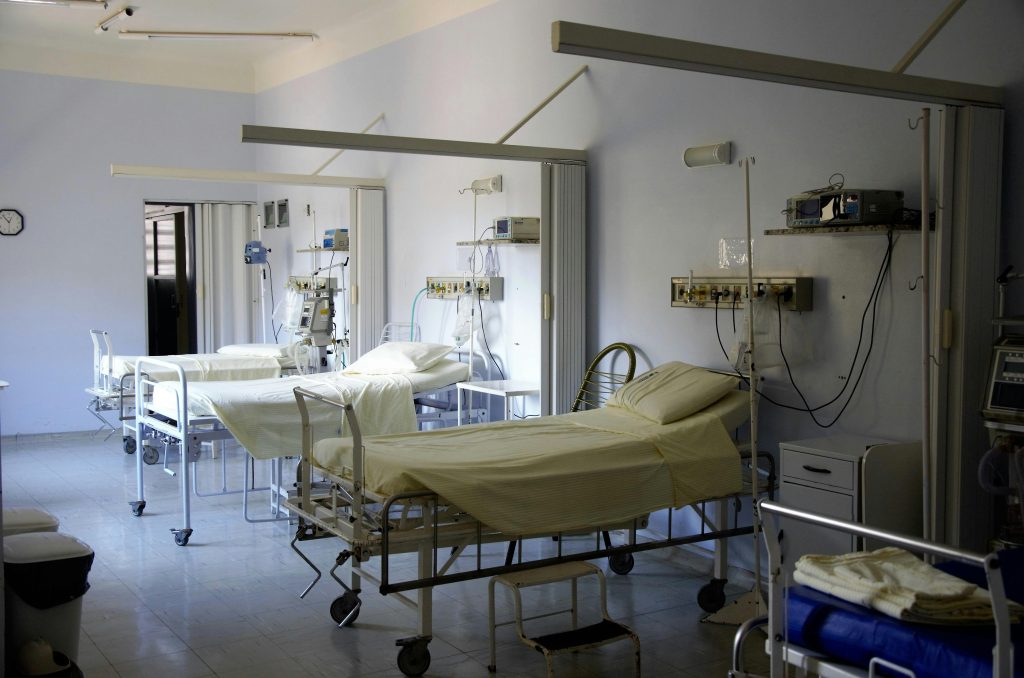 A slip and fall accident in a nursing home can lead to devastating injuries, especially for elderly residents or those with underlying health conditions. But what happens when a lawsuit filed due to such an accident is dismissed because it was filed too late? That’s precisely what happened in the case of Penny Micken, whose legal battle against Heritage Manor of Napoleonville nursing home highlights the critical importance of adhering to legal deadlines.
A slip and fall accident in a nursing home can lead to devastating injuries, especially for elderly residents or those with underlying health conditions. But what happens when a lawsuit filed due to such an accident is dismissed because it was filed too late? That’s precisely what happened in the case of Penny Micken, whose legal battle against Heritage Manor of Napoleonville nursing home highlights the critical importance of adhering to legal deadlines.
In September 2015, Penny Micken, working as a sitter at Heritage Manor, slipped and fell on a liquid substance on the floor. The fall allegedly resulted in severe injuries. A year later, Micken filed a lawsuit, but she mistakenly named the wrong defendant, leading to a series of legal complications.
The Wrong Defendant and the Ticking Clock:
 Louisiana Personal Injury Lawyer Blog
Louisiana Personal Injury Lawyer Blog


 In a recent decision, the
In a recent decision, the  In a heart-wrenching case involving the sexual assault of a patient at an outpatient psychiatric treatment facility, the Louisiana Court of Appeal, Third Circuit, recently affirmed a summary judgment that dismissed claims against two individual owners/officers of the facility. The decision, handed down in
In a heart-wrenching case involving the sexual assault of a patient at an outpatient psychiatric treatment facility, the Louisiana Court of Appeal, Third Circuit, recently affirmed a summary judgment that dismissed claims against two individual owners/officers of the facility. The decision, handed down in  In a recent decision, the
In a recent decision, the